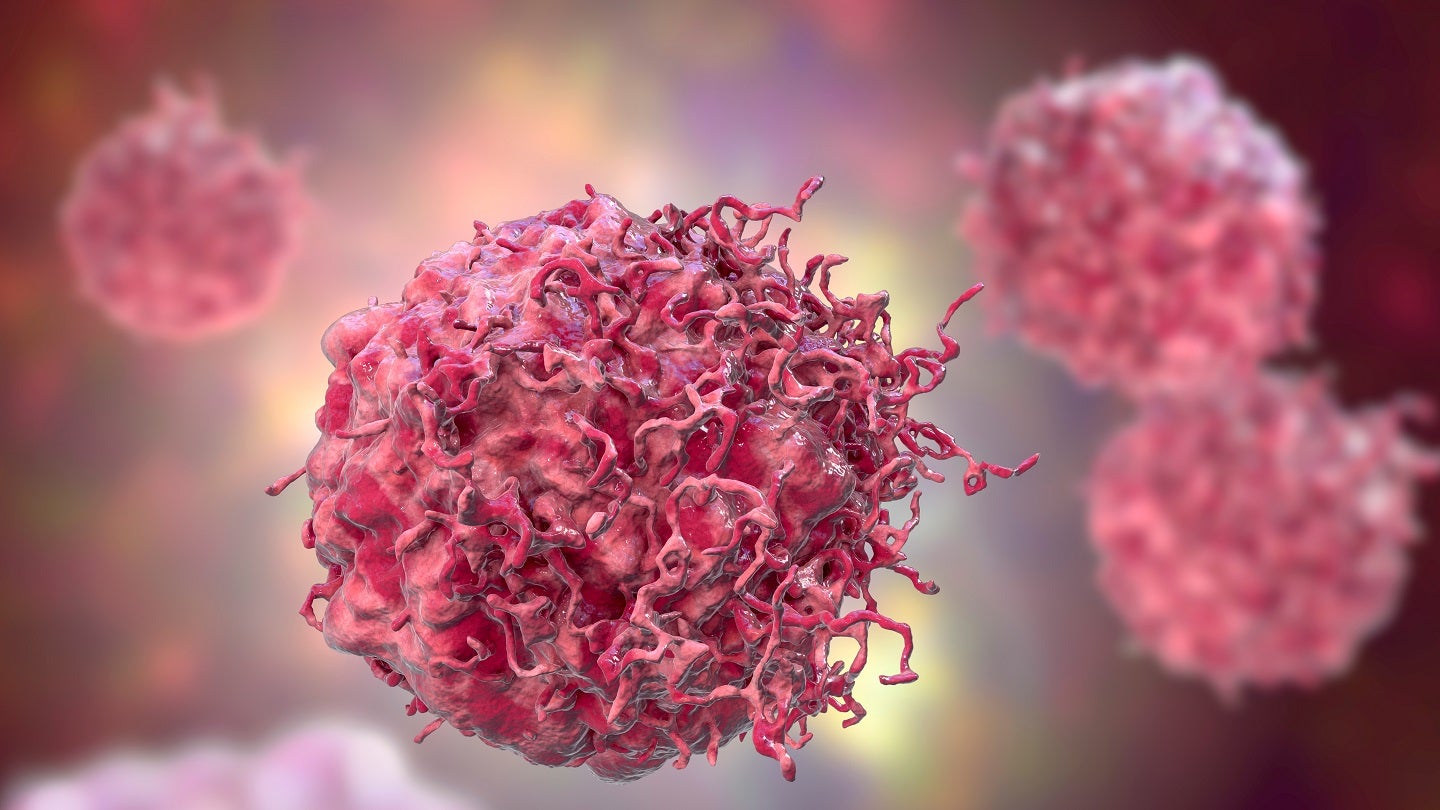
GenFleet Therapeutics has dosed the first subject in a Phase Ib/II trial of GFH009 to treat relapsed/refractory peripheral T-cell lymphomas (PTCL).
The single-arm, open-label, multi-centre study will be carried out at approximately 40 hospitals in China, including the Sun Yat-Sen University Cancer Center and the First Affiliated Hospital of Zhengzhou University.

Discover B2B Marketing That Performs
Combine business intelligence and editorial excellence to reach engaged professionals across 36 leading media platforms.
It intends to enrol a total of 95 patients who will receive GFH009, a highly selective cyclin-dependent kinase9 (CDK9) inhibitor.
The company completed the dose escalation portion of its Phase I multi-centre trial of monotherapy for relapsed/refractory haematological malignancies in both the US and China.
Favourable safety/tolerability and clinical efficacy of GFH009 were demonstrated in preliminary studies, with complete or partial responses observed in lymphoma and acute myeloid leukaemia patients.
Clinical response was observed in four PTCL patients, including one in continuous treatment for over 48 weeks.

US Tariffs are shifting - will you react or anticipate?
Don’t let policy changes catch you off guard. Stay proactive with real-time data and expert analysis.
By GlobalDataBased on the pharmacodynamics, pharmacokinetics, safety and efficacy data, the recommended Phase II dose has been determined as 100mg, which is to be taken once a week.
GenFleet Therapeutics chief medical officer Yu Wang said: “GFH009 is GenFleet’s first clinical-stage asset for haematological malignancies in a global multi-centre trial.
“Currently there is significant unmet medical need in recurrent/refractory PTCL; studies from GFH009 have confirmed its potential in combating the disease.
“Following on GFH009’s favourable safety profile and preliminary efficacy in the Phase I trial, we are planning to explore more studies of GFH009 monotherapy and combination therapies for global patients.”





